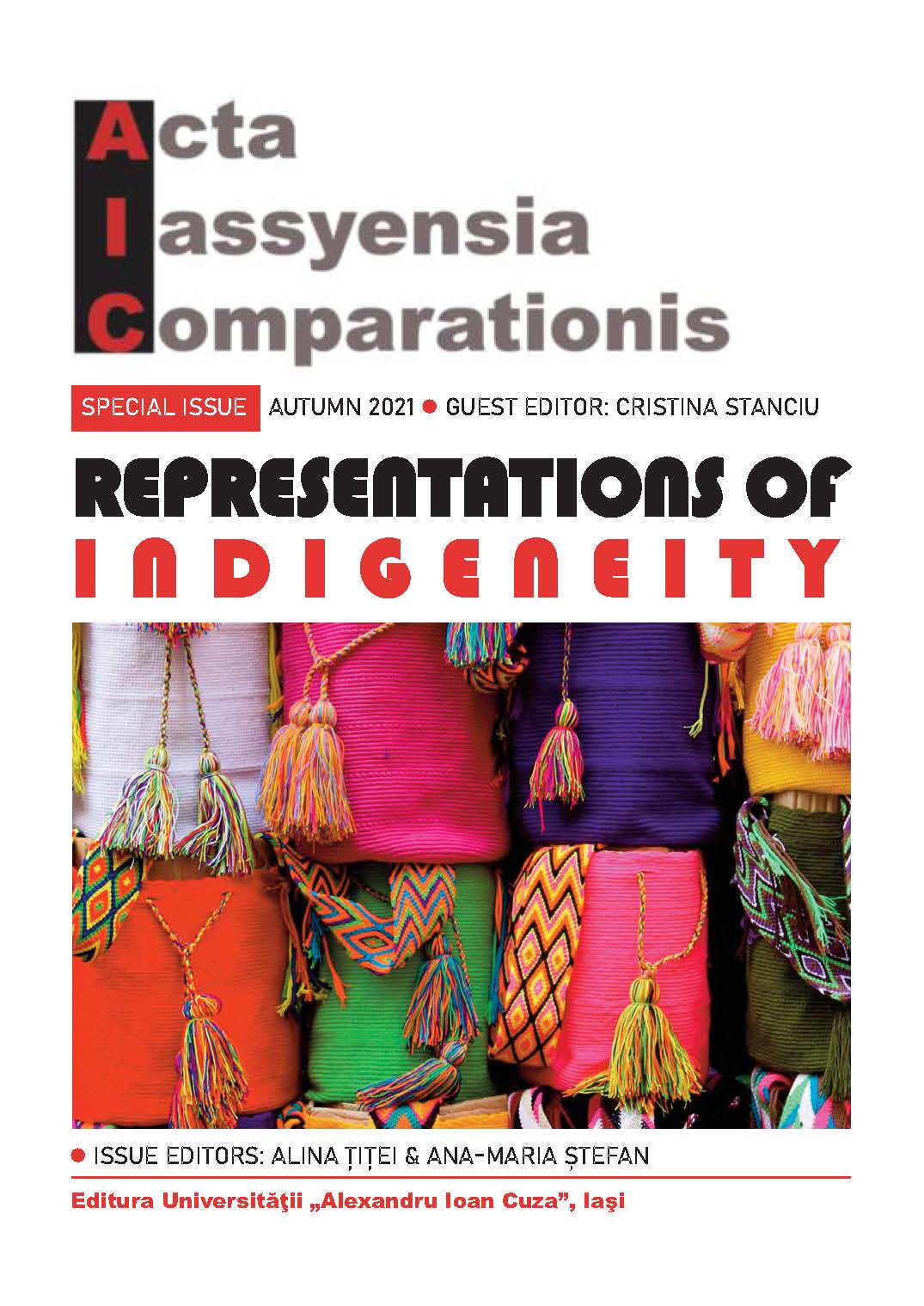“If we’re going out,” dear Vicenta, “we’re going out with some guts!”: Storytelling, Indigeneity, and Felt Experience in Deborah Miranda’s Bad Indians
“If we’re going out,” dear Vicenta, “we’re going out with some guts!”: Storytelling, Indigeneity, and Felt Experience in Deborah Miranda’s Bad Indians
Author(s): Alana ZANARDO MAZURSubject(s): Anthropology, Social Sciences, Language and Literature Studies, Studies of Literature
Published by: Editura Universităţii »Alexandru Ioan Cuza« din Iaşi
Keywords: intergenerational trauma; genderbased violence; settler colonialism; Indigenous storytelling; felt experience; Indigeneity
Summary/Abstract: In the memoir Bad Indians, Deborah Miranda retraces intimateand intergenerational accounts of colonial violence on Indigenous homelands, livelihoods, and relational ontologies in California. Miranda underscores how these instances of violence remain silenced in U.S. national historiography. By engaging with Miranda’s multigenre storied-mosaic, in this essay I argue that Bad Indians uncovers narratives of refusal by California Indigenous women that ultimately attest to the ways in which Indigenous storytelling stands as a powerful conduit for anticolonial contestation and resurgence. I draw on Daniel Heath Justice’s theorizations of colonial epistemic violence and Dian Million’s “felt theory” to demonstrate the ways in which Miranda “names” acts of gender-based violence and recenters Indigenous women’s relational ontologies and felt experience (Million). In reframing gossip as trauma survivors’ testimony as truth-telling, as literature, and as theory, Miranda boldly denudes settler colonial violence as a biopolitical mechanism systematically and institutionally organizing settler nation-states. By situating present-day gender-based violence against Indigenous women and girls (MMIWG2S) within a settler historical continuum, Bad Indians interconnects, across temporal-spatial frames, Indigenous women’s truth-telling and Indigenous cosmologies. It grapples with individual and collective experiences of dispossession and reconnection, grief and trauma, adaptation and resistance.
Journal: Acta Iassyensia Comparationis
- Issue Year: 3/2021
- Issue No: Special
- Page Range: 17-33
- Page Count: 17
- Language: English

